2023 has seen some of the greatest living directors grace our screens with new work for film us nerds to devour and over-analyse for years to come. Wes Anderson, Martin Scorsese, Greta Gerwig, Christopher Nolan, and Makoto Shinkai have all released new projects this year, and fans and critics have adored them – with Hayao Miyazaki, Todd Haynes, and Yorgos Lanthimos (as well as Denis Villeneuve, even though Dune Part Two has sadly been delayed until next year) still to come.
Not mentioned in the list above – although he by all means deserves to be – is David Fincher, the mastermind behind thrillers like Fight Club and Se7en. Fincher returned to our screens this Winter with his new hit-man focused thriller The Killer, also seeing Michael Fassbender make his big screen return following a four year hiatus to pursue a career as a Le Mans racer. The film sees Fassbender play a nameless contract killer, tasked with assassinating a wealthy target in Paris. When the job goes wrong, the contract’s purveyor enforces a punishment on The Killer’s family, leading him to question his apathetic morals and seek revenge.
From the start, The Killer is presented as a Fincheon take on the action genre, substituting exagerrated action spectacle for character based introspection and philosophical exploration through an action-based lens. Reminiscent of Fight Club‘s iconic rules, The Killer‘s protagonist lives by a self-penned mantra that enforces a twisted sense of apathy and stoicism on the character, allowing him to perform his amoral job without objection or emotional repercussions.
Stick to your plan. Anticipate, don’t improvise. Trust no one. Never yield an advantage. Fight only the battle you’re paid to fight. Forbid empathy. Empathy is weakness. Weakness is vulnerability. Each and every step of the way, ask yourself, “What’s in it for me?”
The Killer‘s opening scene – although it’s so long you could call it an opening act – perfectly encapsulates the mundanity, repetition, and frustration of a job that typical action films overly exaggerate as a constant rush of adrenaline by juxtaposing this idea with the hours, days, and even weeks of waiting that is involved with such a task. The opening scene of The Killer revels in this tedium, showing Michael Fassbender’s unnamed Killer (as he shall henceforth be known) waiting around in Paris for his target to arrive. The voice over heavy scene features a prolonged montage of The Killer keeping himself sane across a seven day wait as he stares patiently out of a window. The scene perfectly deconstructs the stereotypical action-spectacle that accompanies cinematic hitmen with scenes of The Killer casually purchasing a McDonalds to balance his protein intake, practicing yoga, and listening to more The Smiths songs back to back than any healthy human ever should, refusing to jump straight to the visually engaging action.

This intentionally drawn out build up to The Killer’s target finally arriving at the Parisian hotel cements the audience in the head of the “protagonist,” exploring his psyche and moral mantra, and affirming that this is where the large majority of the movie’s story will take place. Sadly, this opening act is as interesting as the exploration of the film’s subject gets. After the job goes wrong, The Killer transforms from a slow-burning psychological thriller, to an unintentionally action focused flick. The audience still spends the majority of the time inside the head of The Killer, however, unlike the opening scene, the expeditious internal monologue that shadows the rest of the film fails to add anything substantially new to our exploration of the character’s mind. As a result, we hear The Killer unintentionally repeat the same existential questions to himself, with no sense of leading towards an answer, leading us to patiently await the next action scene and inadvertently ruin Fincher’s intention.
Fincher has stated in numerous interviews that he wanted The Killer’s backstory to remain untold, not to evoke a sense of mystery around the character, but so as to not overly define and categorise him, allowing him to be presented as anyone we could walk past on the street. This is not at all a bad idea, and a lot of the film’s elements successfully present this effect. However, this mystery becomes frustrating for audiences, when the film then fails to further flesh out the character beyond the opening voiceover monologue. The rest of the film’s runtime adds nothing to the moral complexity of the character. The film occasionally questions whether The Killer takes any satisfaction from his job, or asks if he is as morally apathetic to it as he alludes and tries to be, but that is where the existential thriller-esque intrigue ends.
As a whole, The Killer falls short of many audiences’ expectations because of its one-dimensional approach to its raison d’être. Fans have come to love Fincher for his multi-faceted thematic storytelling, and his remarkable ability to take a single narrative strand and explore it intricately from multiple perspectives and moral lenses. Despite its excellent opening, The Killer‘s exploration of its main character’s undecided morality simply boils down to ‘Does he enjoy killing or not?’ This singular and reductionist exploration of, what had the potential to be such an interesting character, leaves The Killer as – still a decent movie, and a lot better than most major action films nowadays – but incomparable to the cinematic gold Fincher has previously gifted audiences through Fight Club, Se7en, and The Social Network.

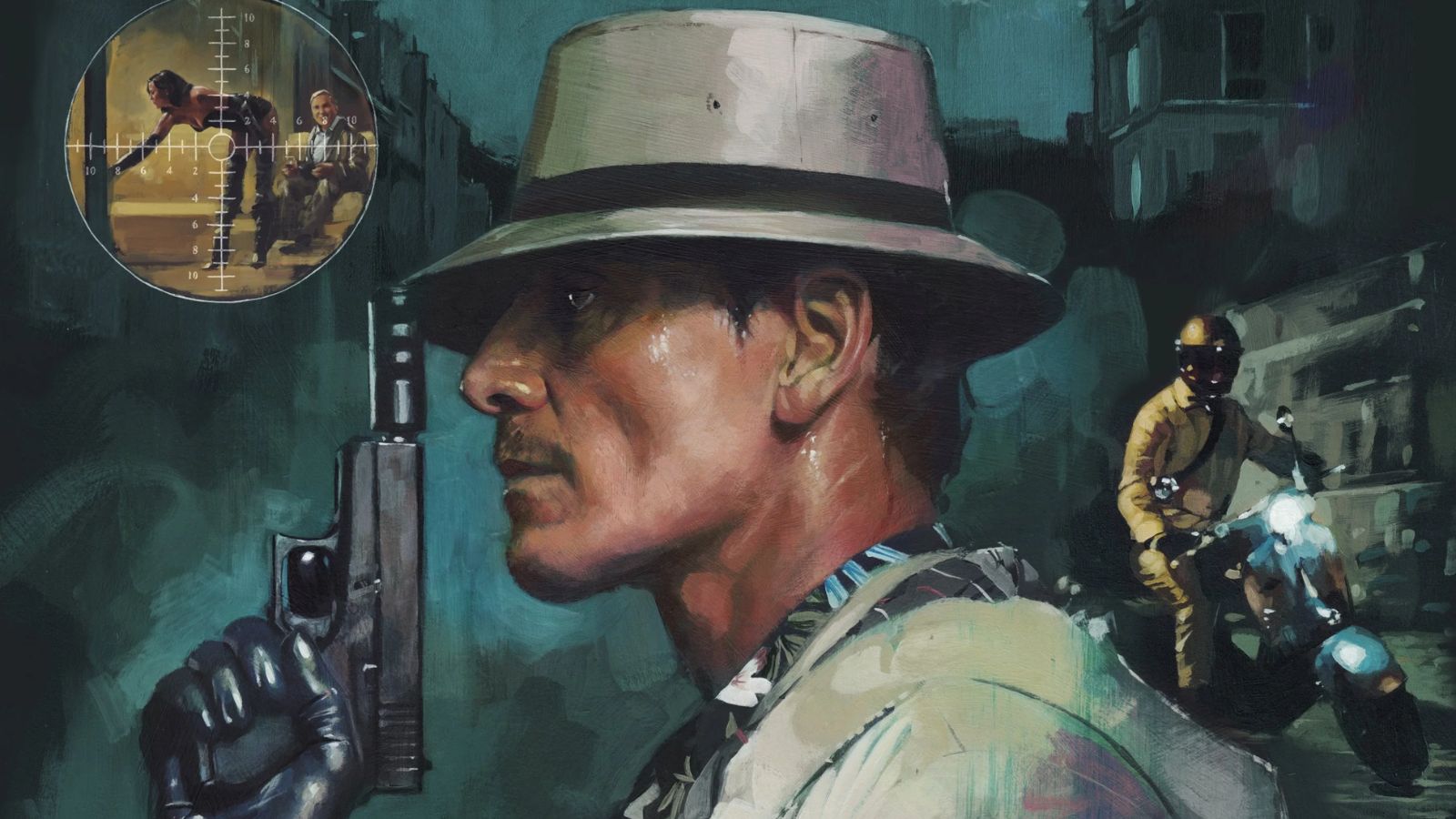
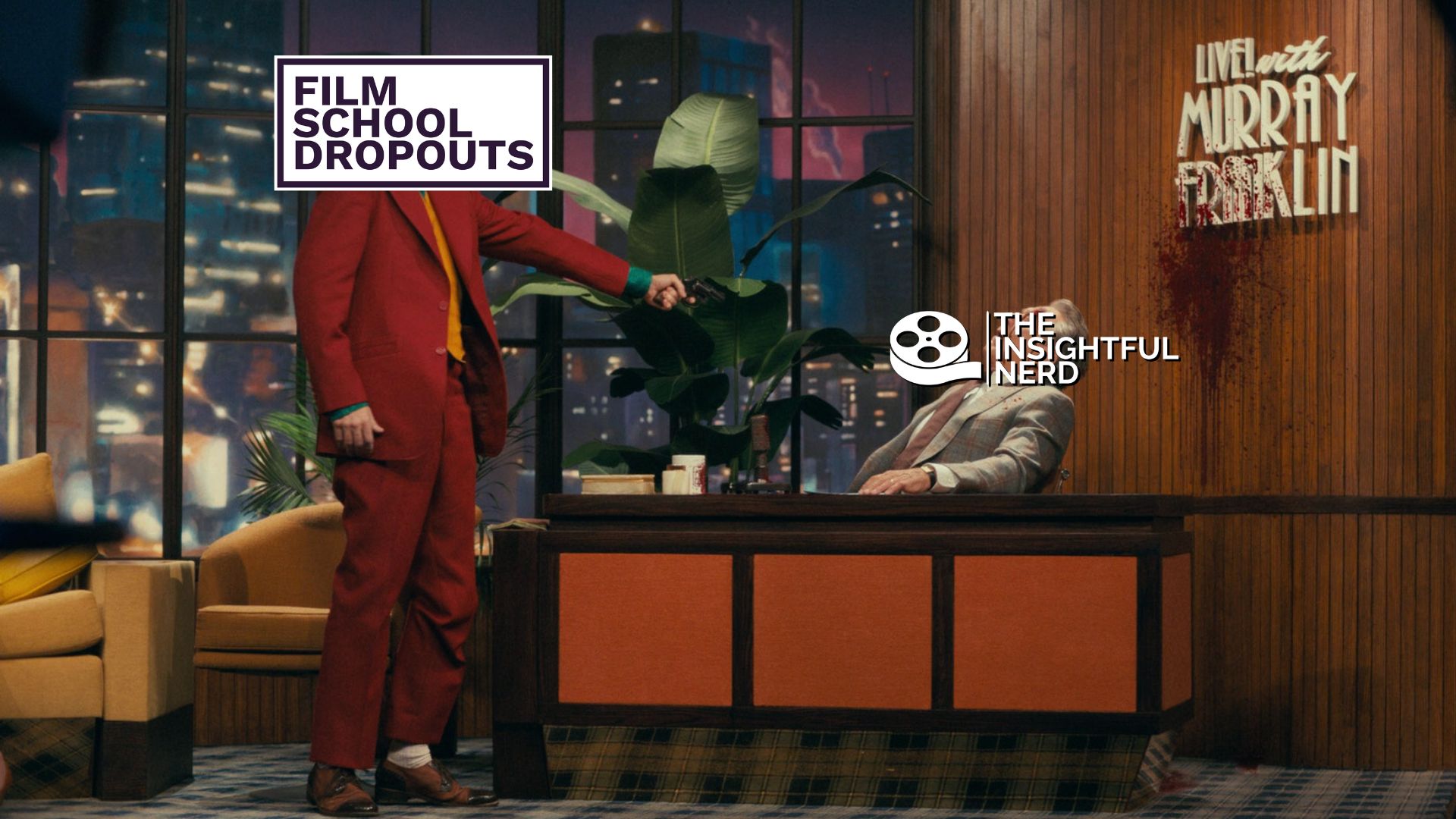










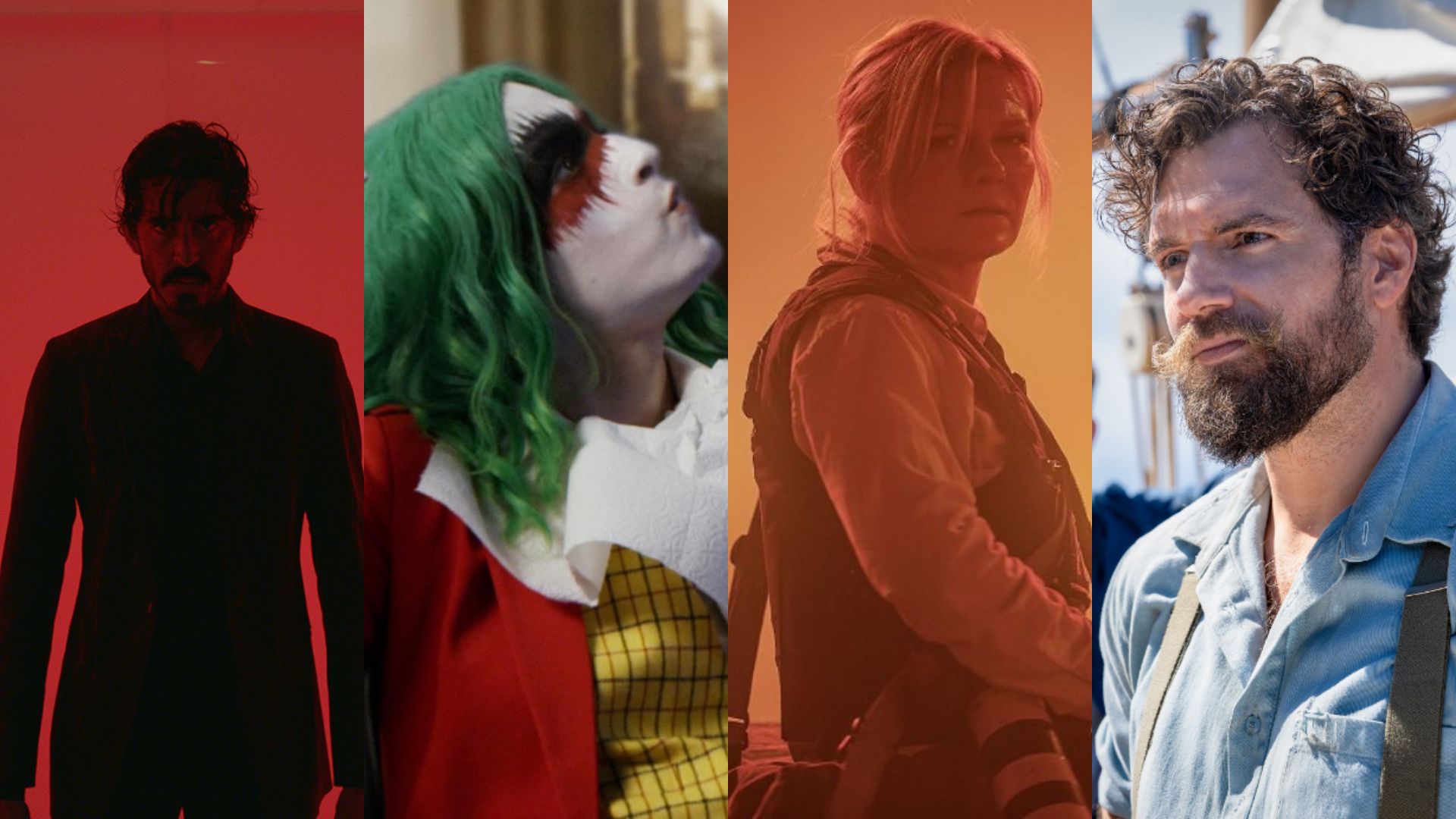

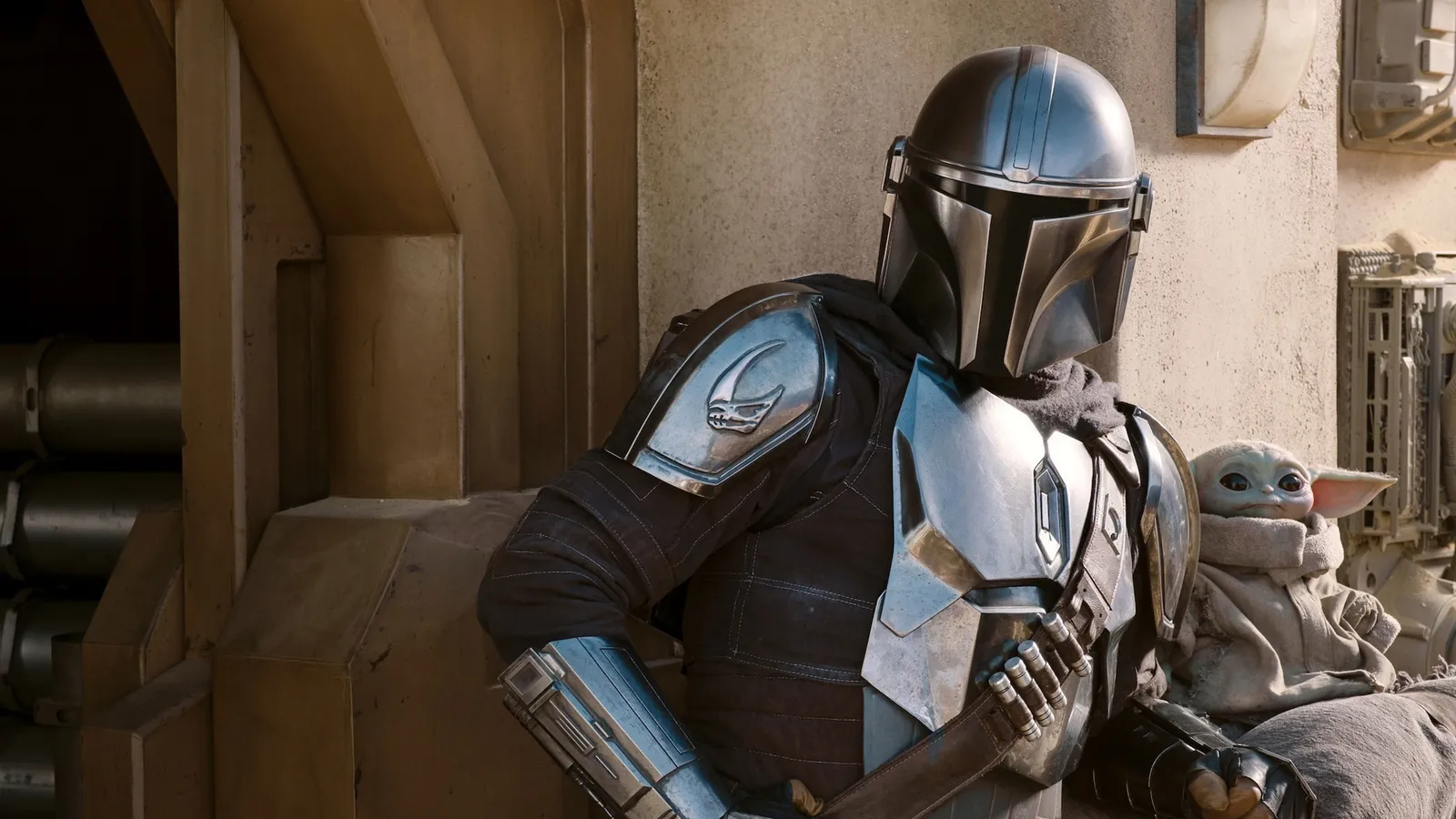
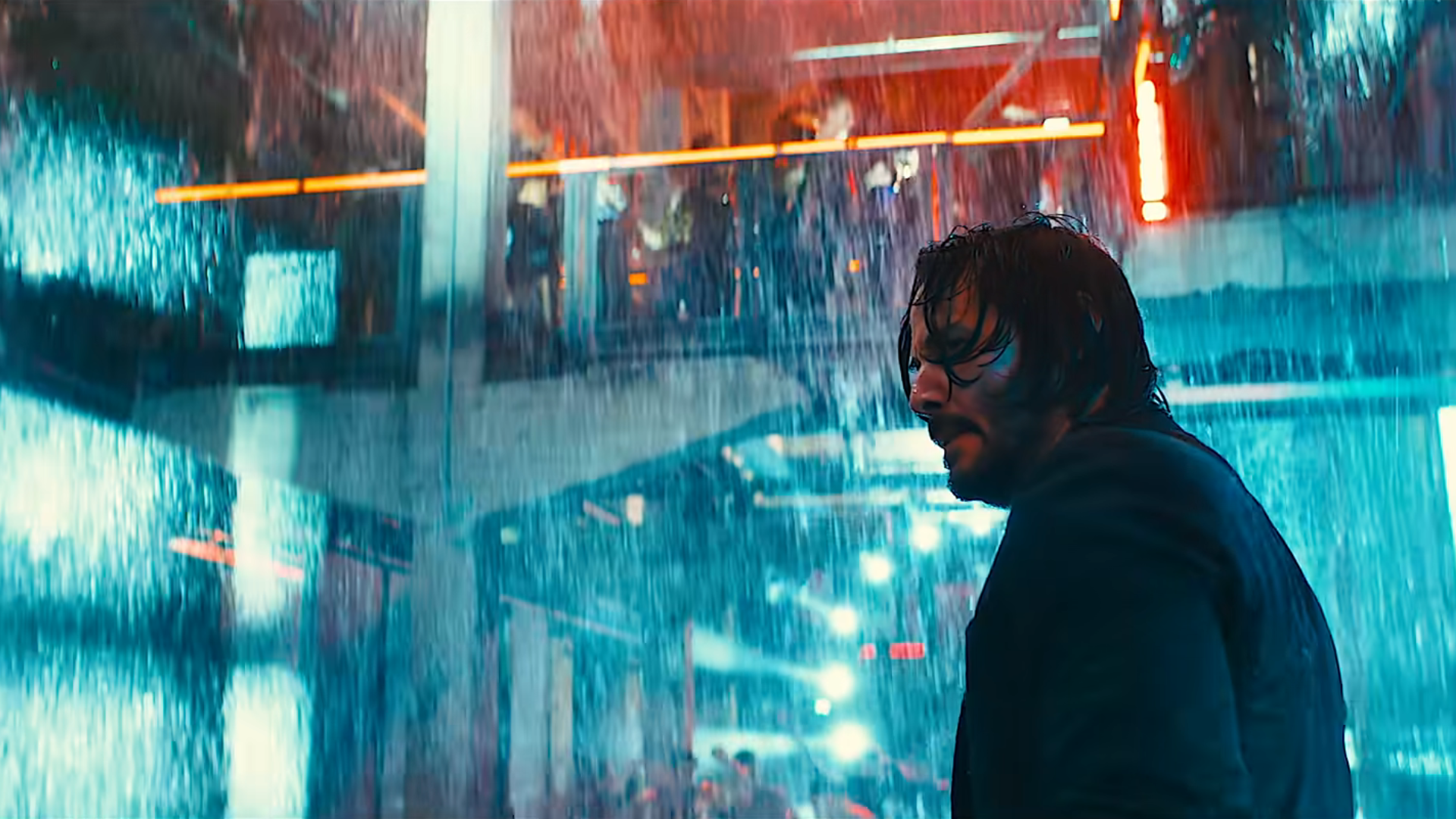
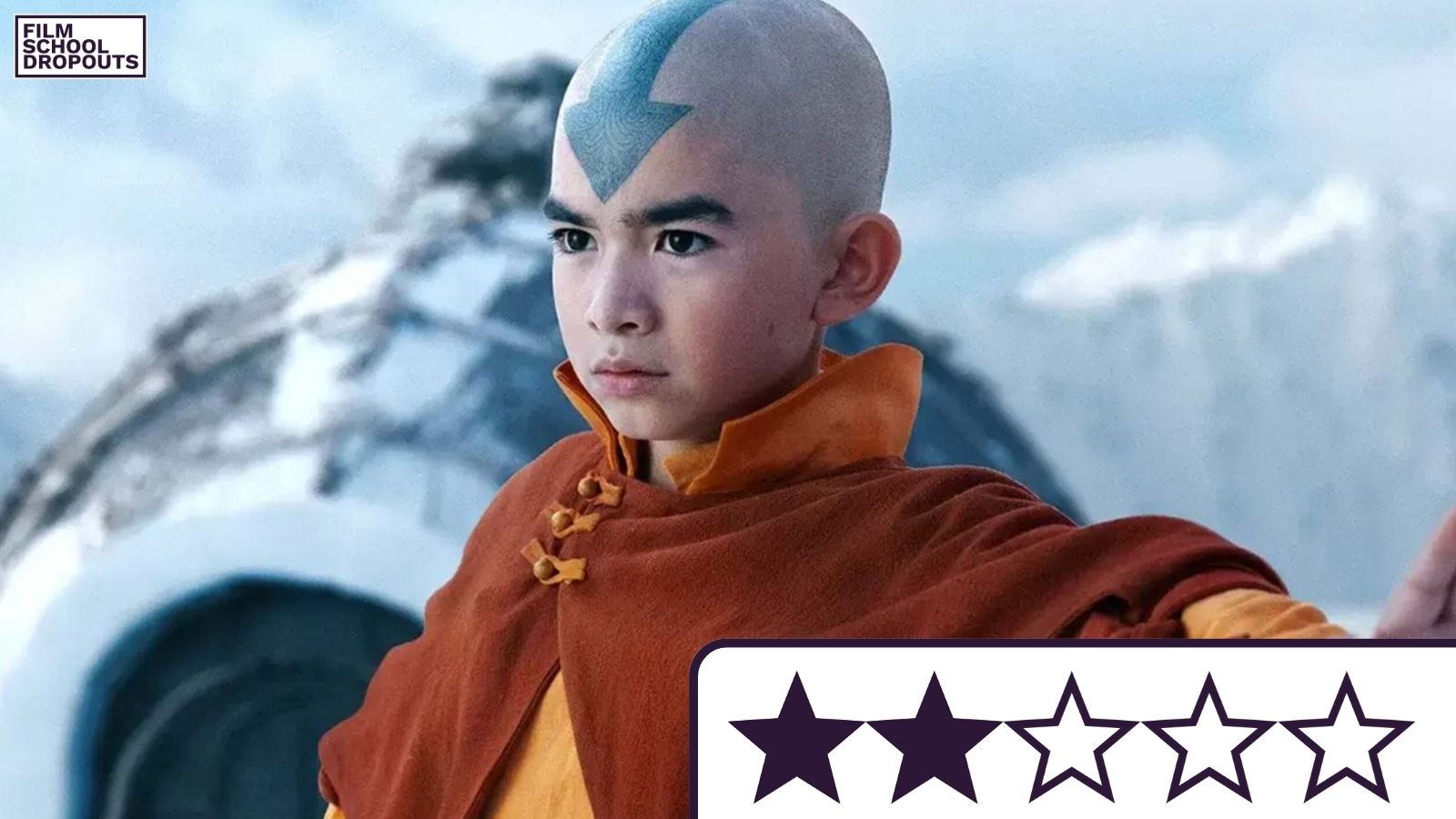

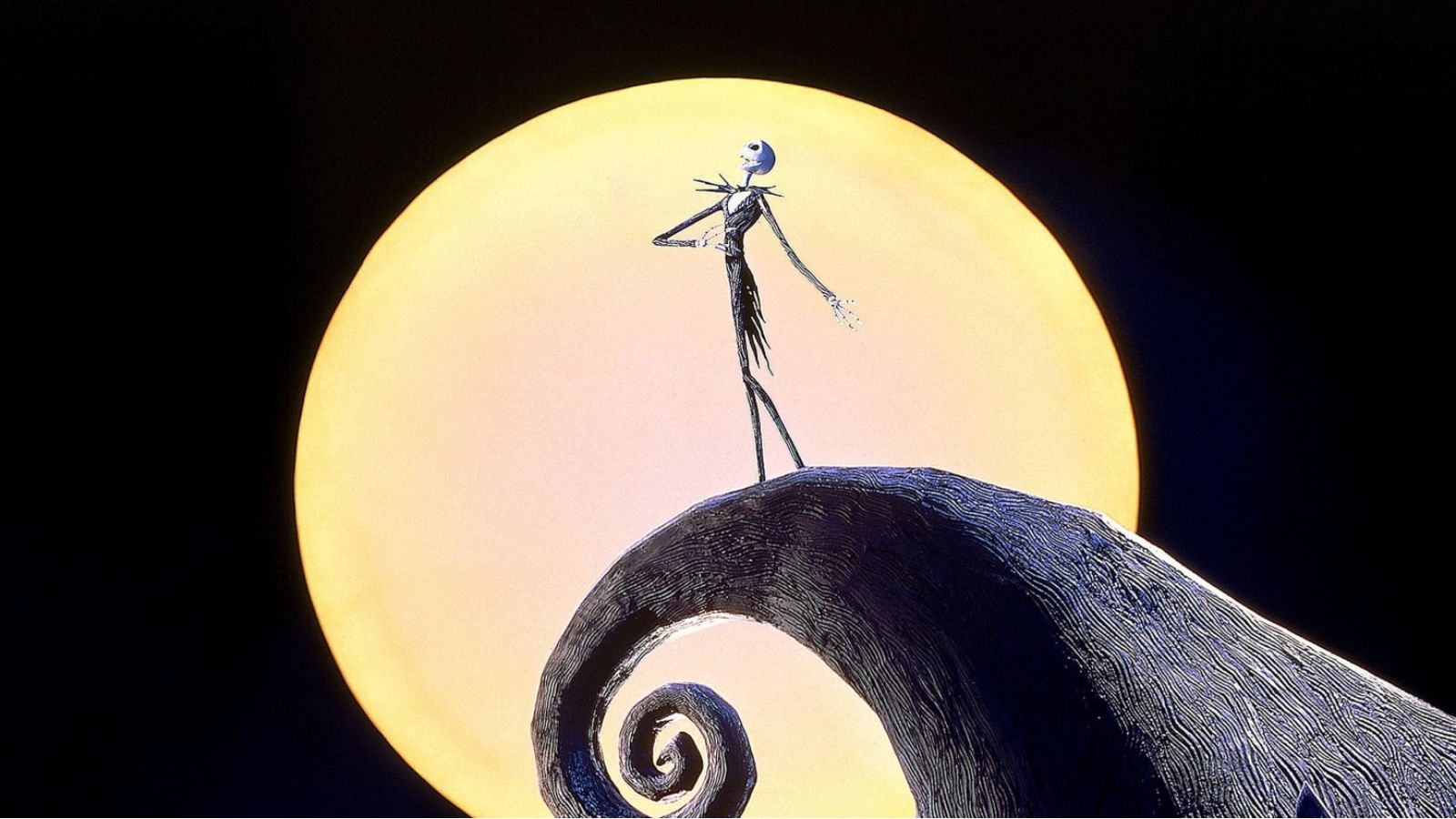
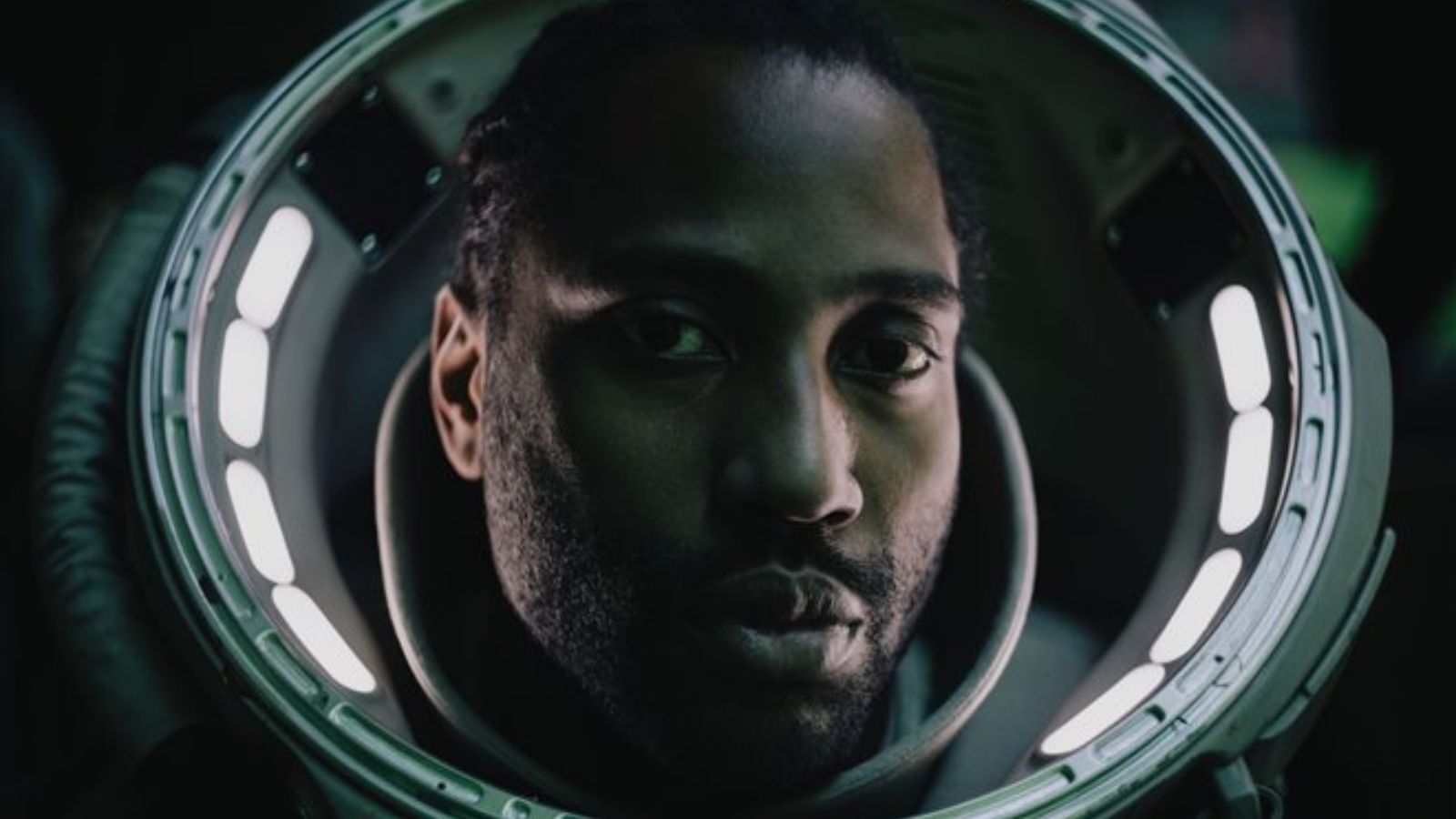
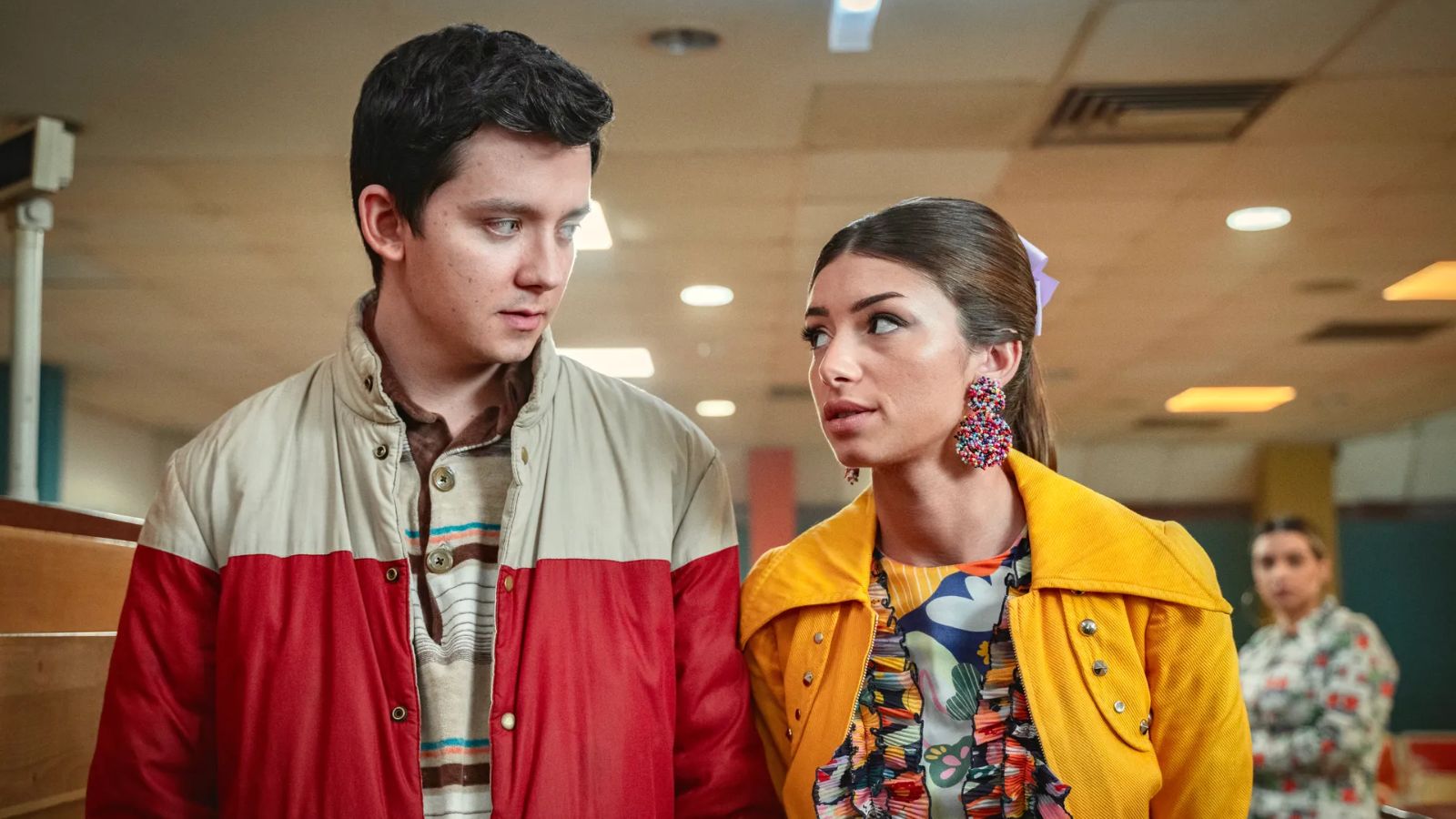
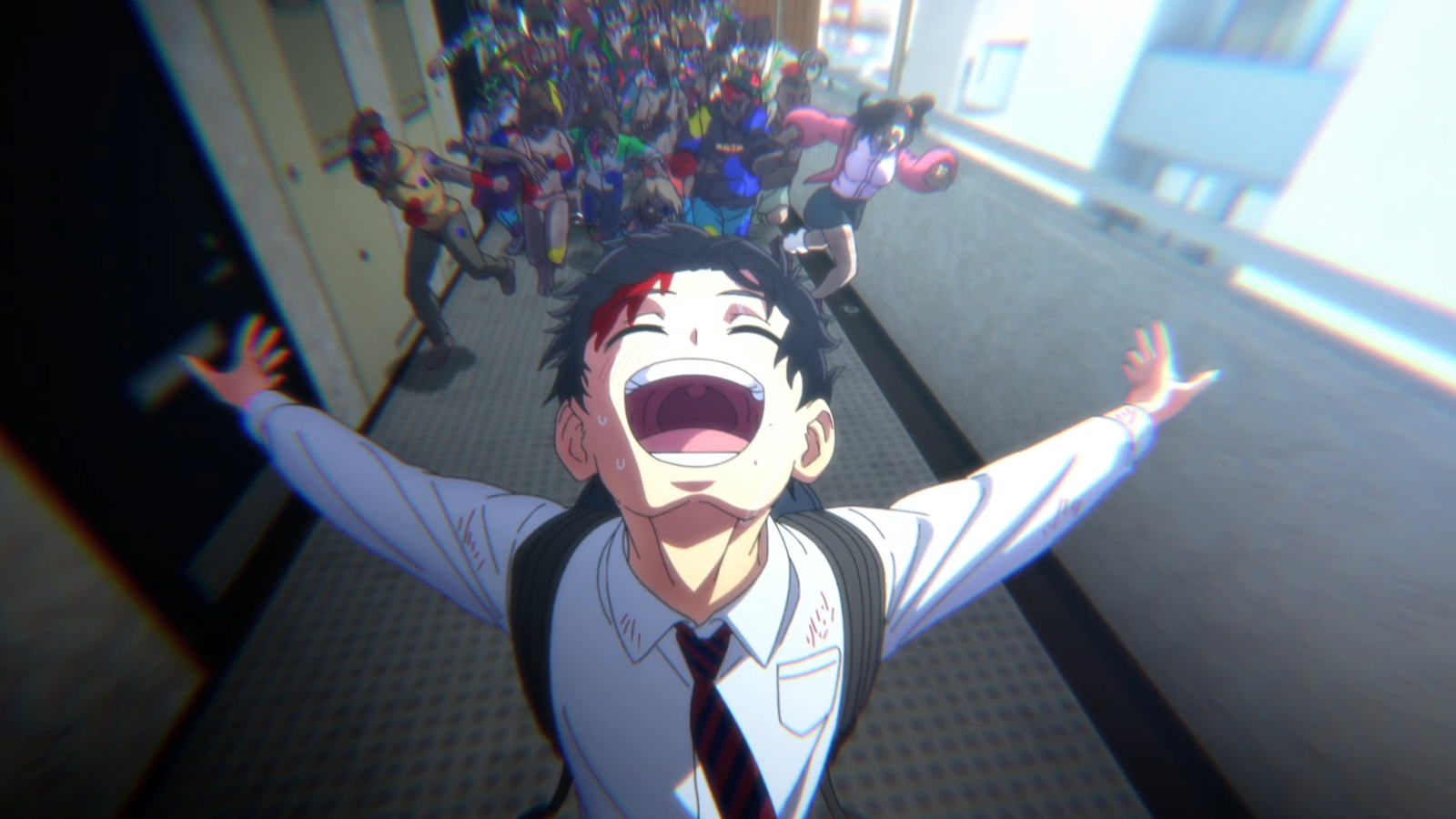
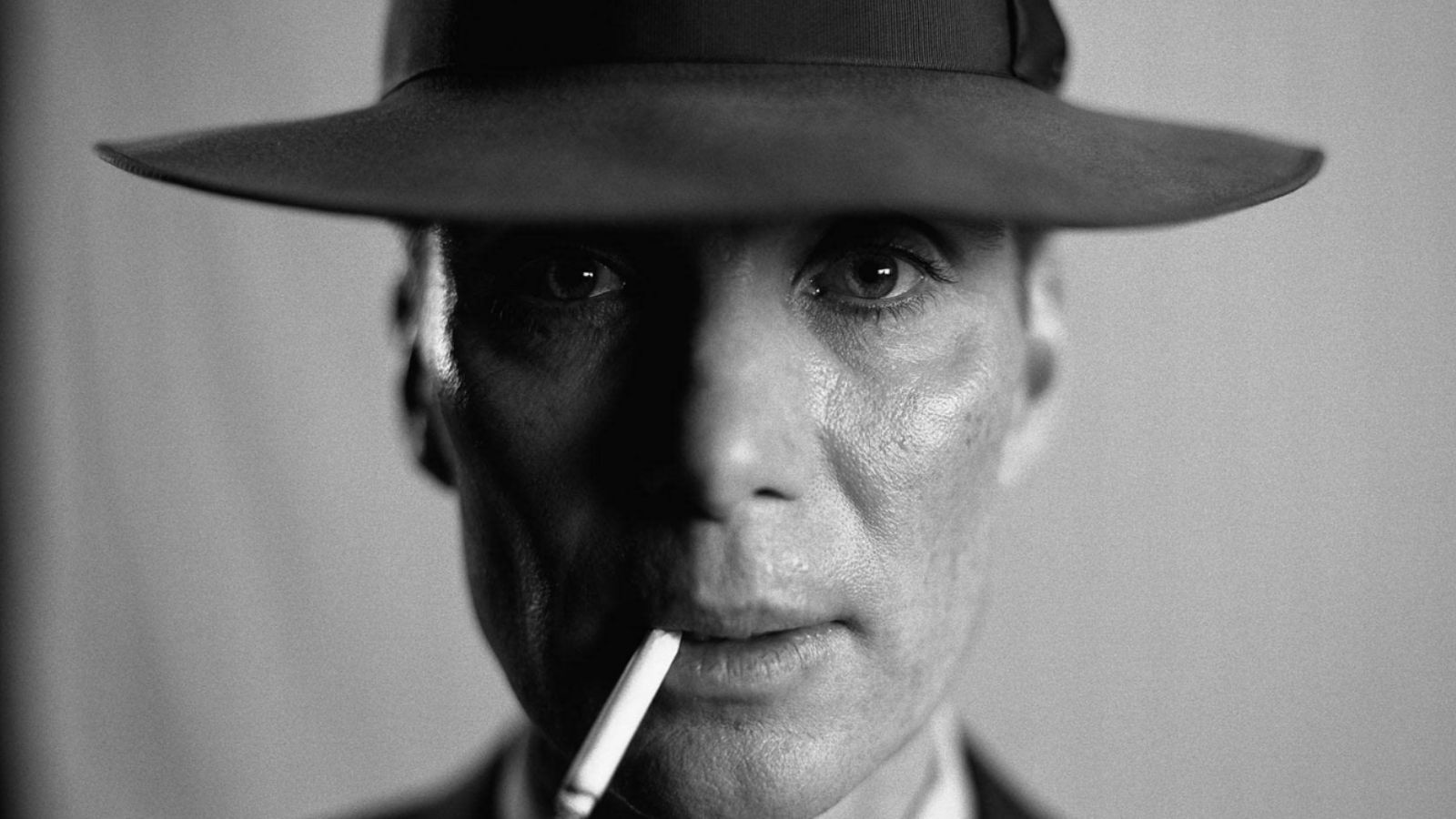
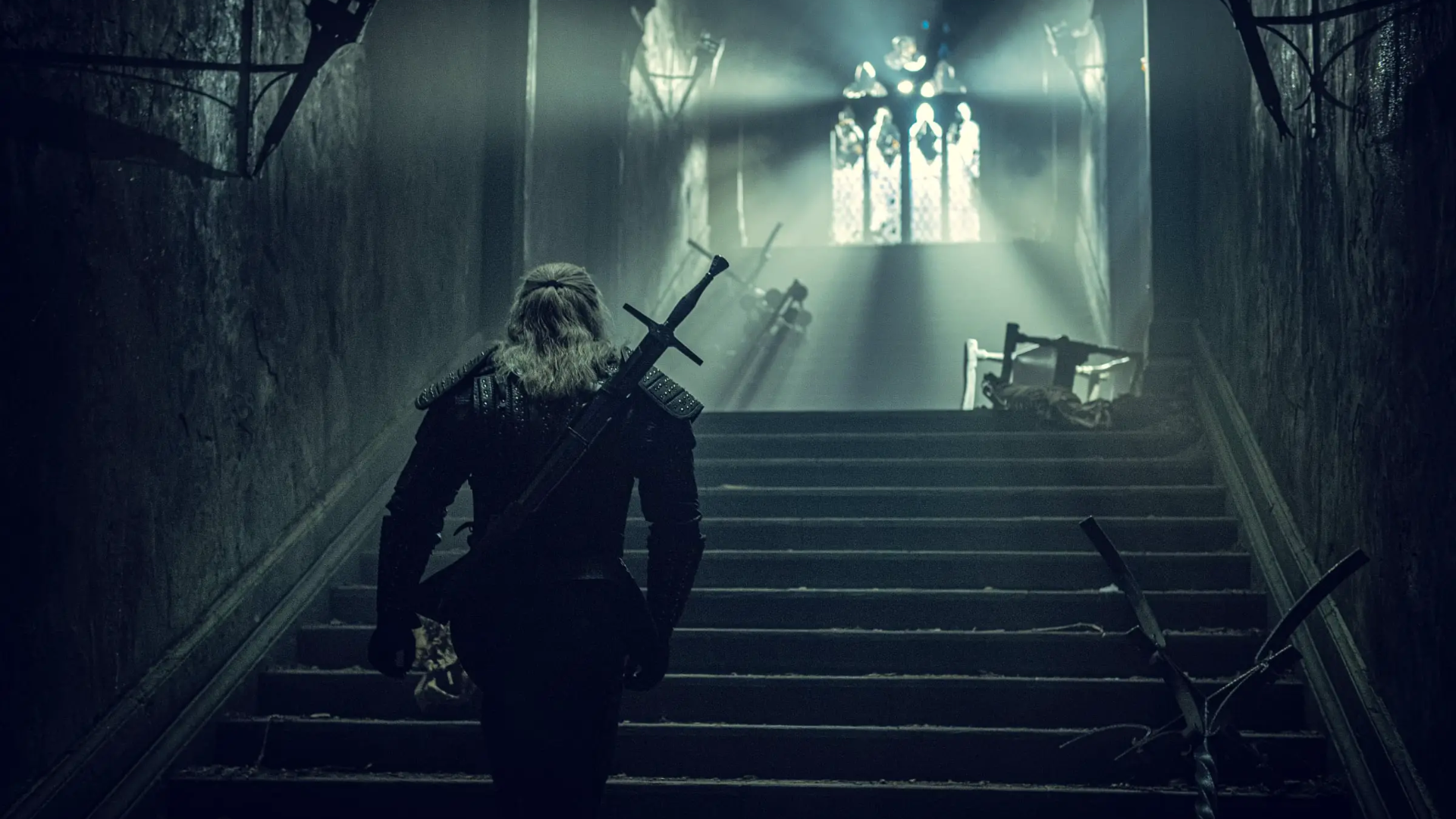
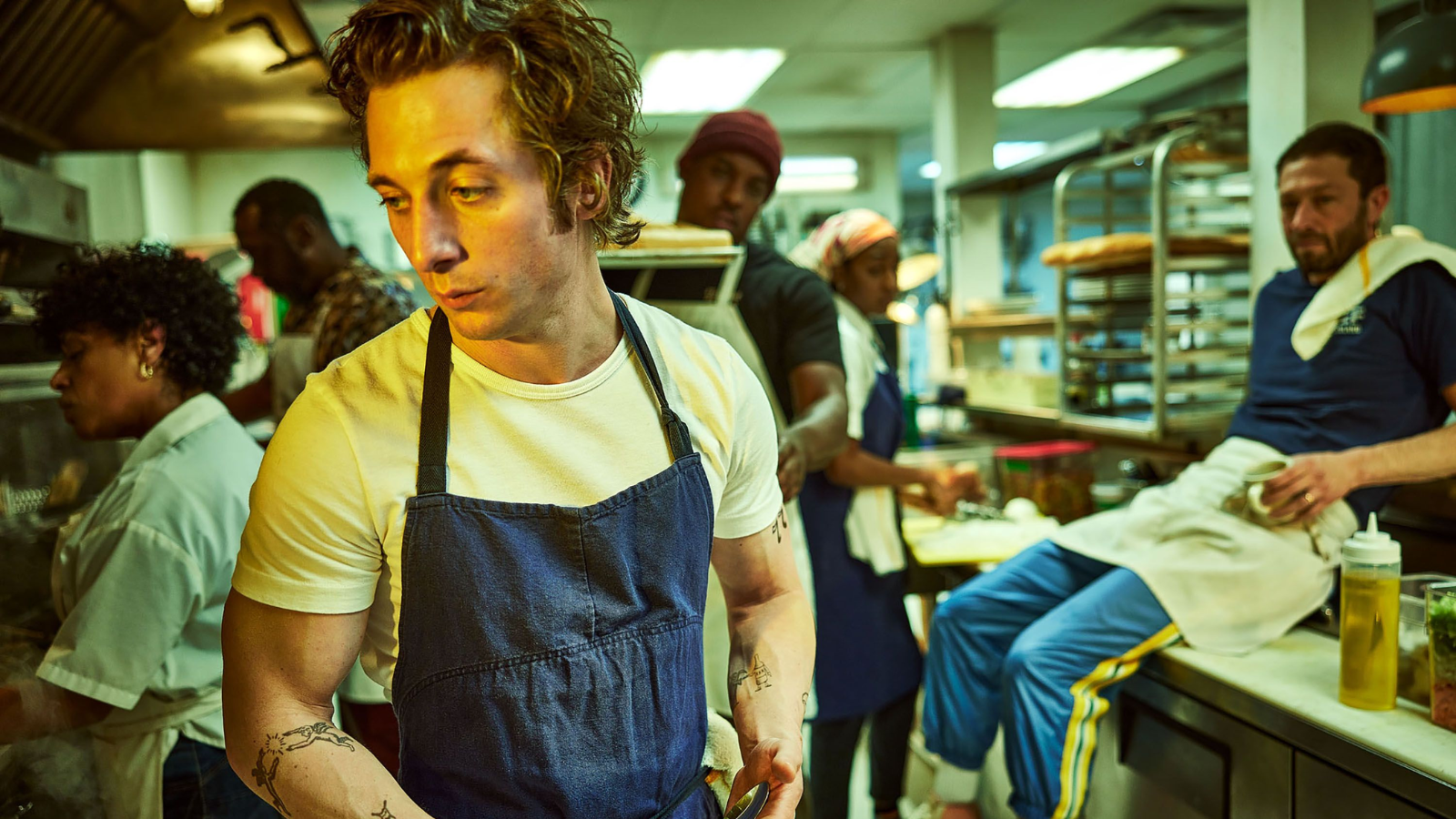

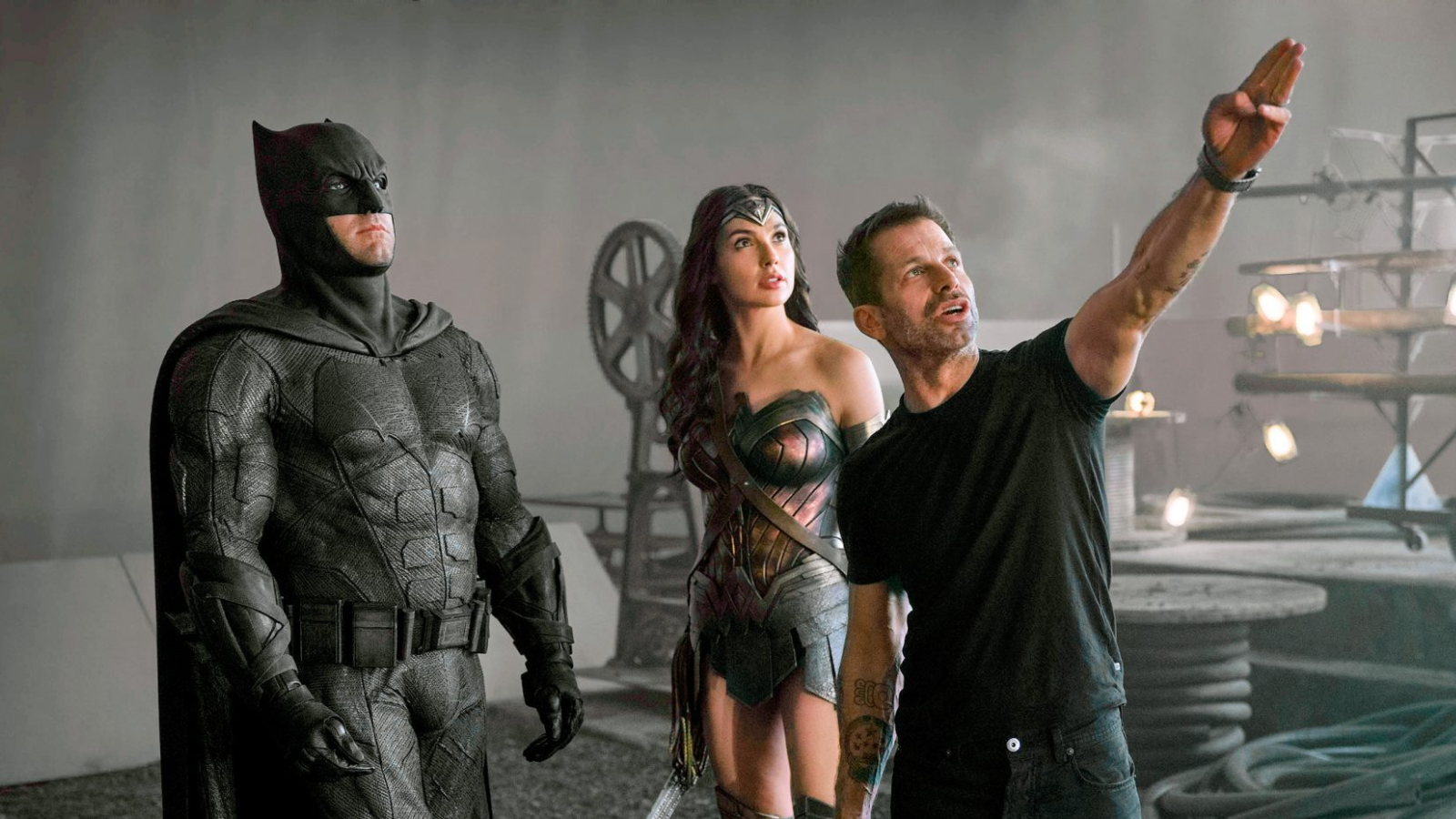

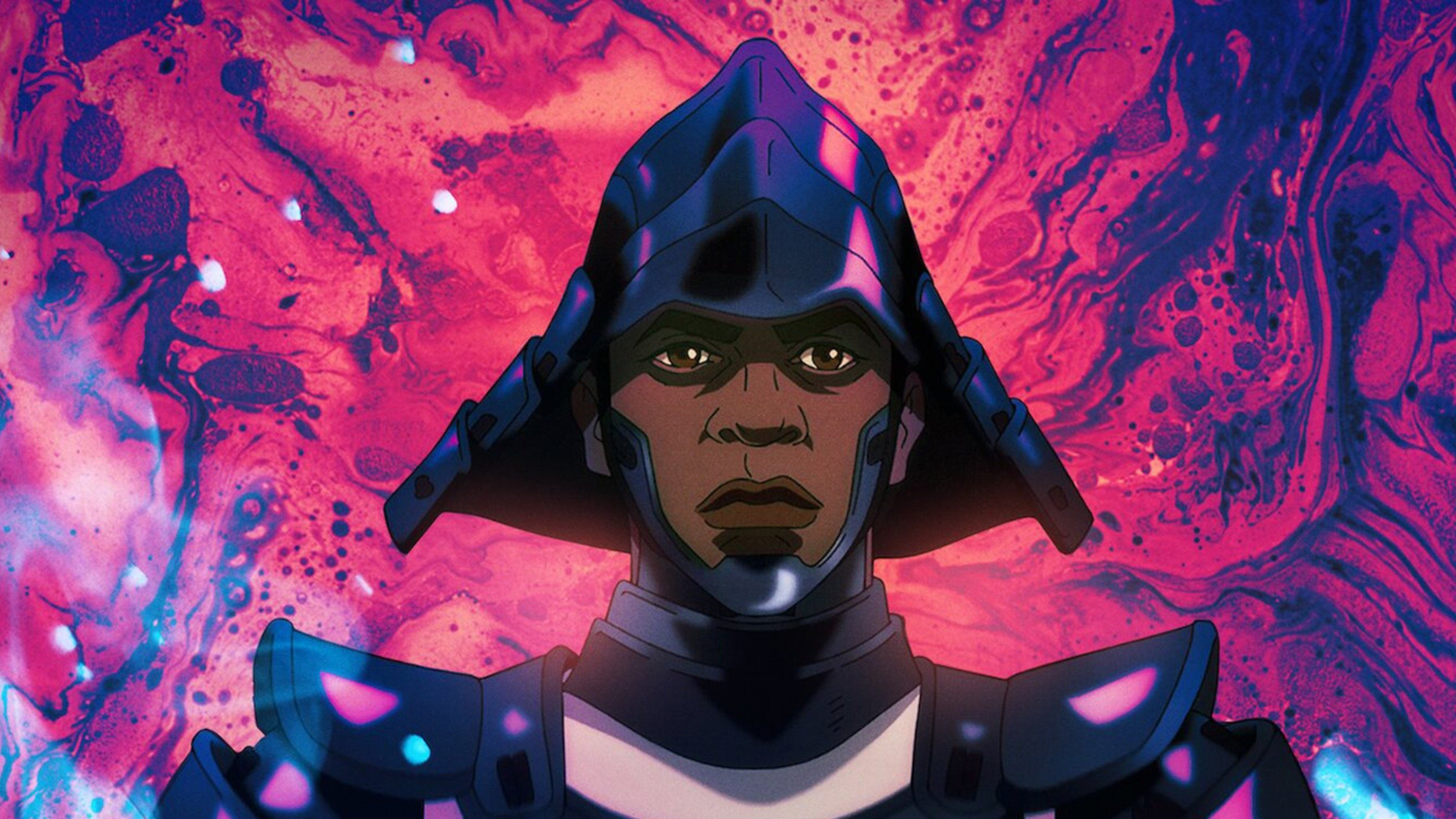
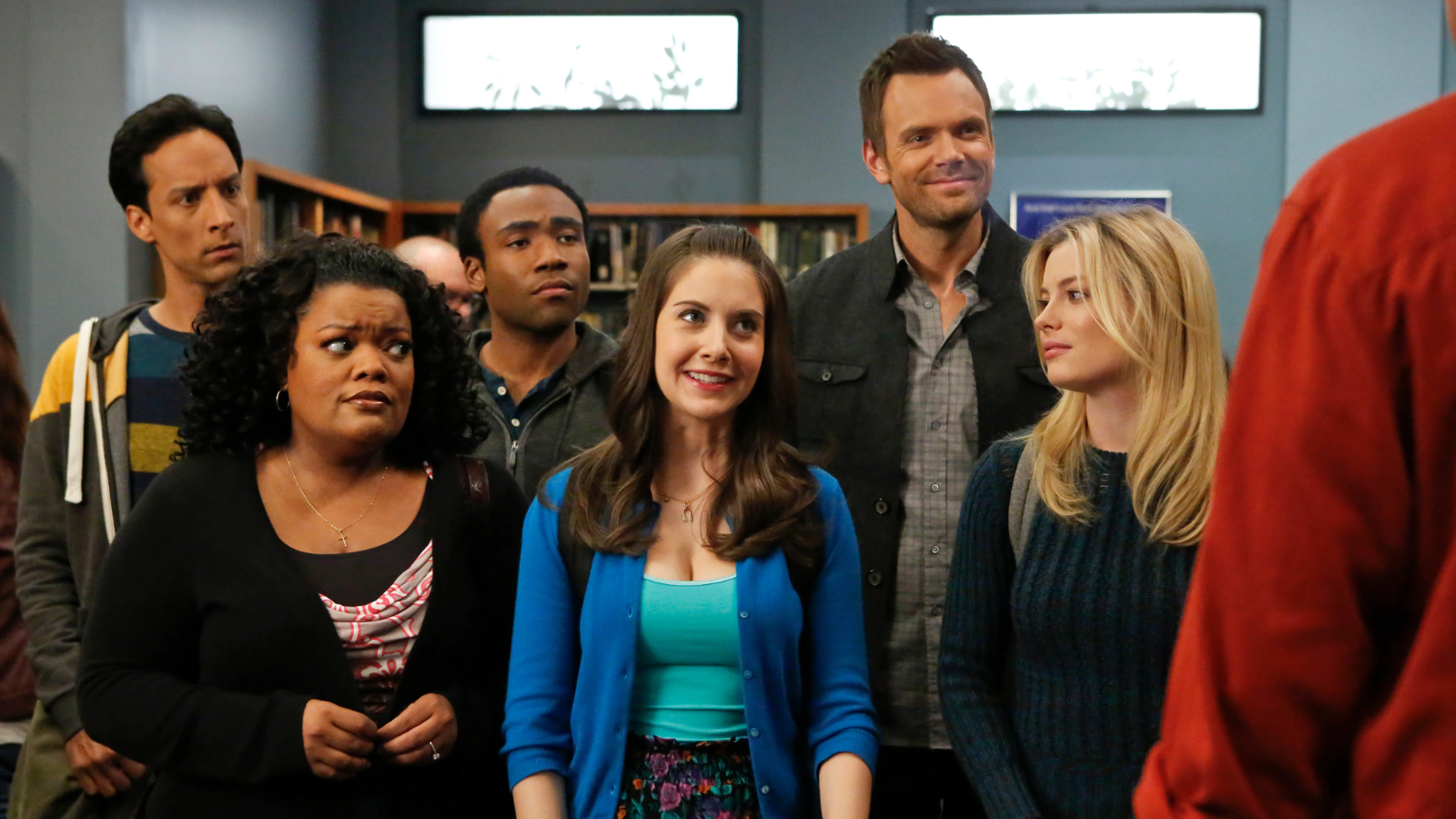
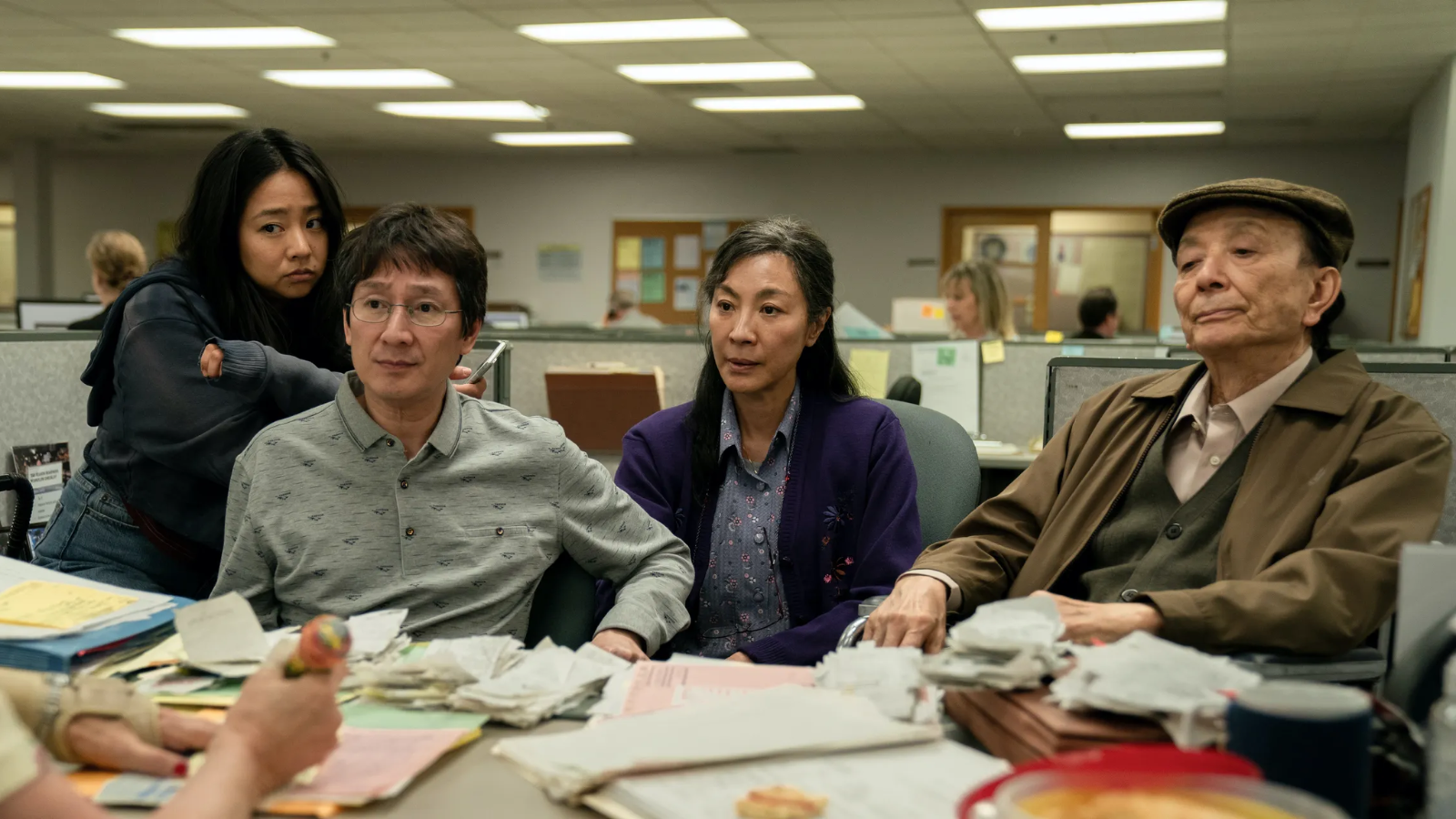




Leave a comment